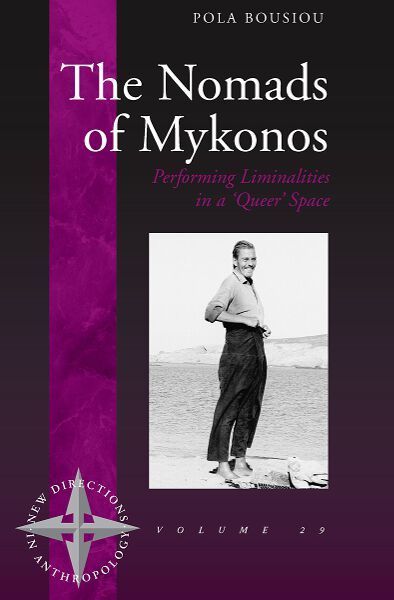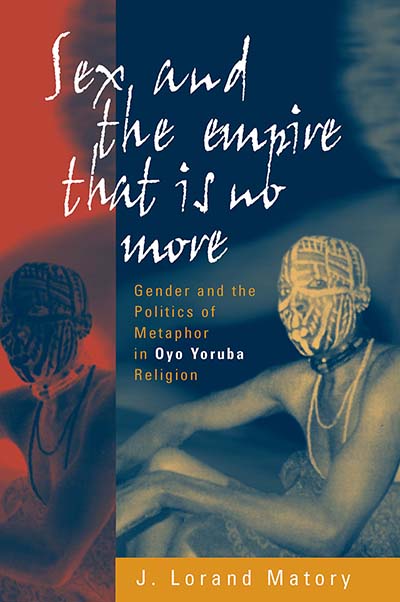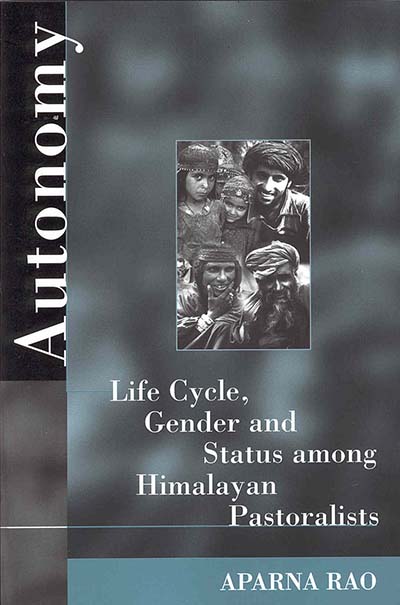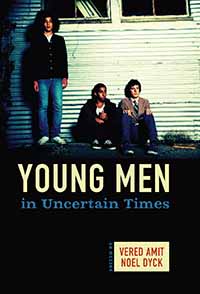
Series
Volume 29
New Directions in Anthropology
Email Newsletters
Sign up for our email newsletters to get customized updates on new Berghahn publications.
The Nomads of Mykonos
Performing Liminalities in a 'Queer' Space
Pola Bousiou
322 pages, bibliog., index
ISBN 978-1-84545-426-5 $135.00/£104.00 / Hb / Published (April 2008)
ISBN 978-1-84545-466-1 $34.95/£27.95 / Pb / Published (April 2008)
eISBN 978-0-85745-068-5 eBook
Reviews
“…an enticing and vibrant ethnographic text, full of insightful comments which follow diverse strands of theoretical discussion…a genuine piece of postmodern performative ethnography.” • JRAI
“…a thought-provoking exploration of ethnography, social theory…a unique and provocative intervention into the “status quo” of ethnographic writing and explanation. The book refuses and transgresses coherencies and dichotomies in ways that ultimately reveal our own desire for ‘neatly’ organized and compartmentalized theory and ethnography, and I think this is precisely what Bousiou set out to do: to ask where, in theory, a world of nomadic tourists, hedonists, and ‘extreme individuals’ leaves us.” • H-Net Reviews
“This publication makes for fascinating reading. It has substantial value in developing theoretical understanding of tourist praxis and as a guide to deep engagement in field work in both disciplines.” • Tourism Geographies
Description
This is the ethnography of the Mykoniots d’élection, a ‘gang’ of romantic adventurers who have been visiting the island of Mykonos for the last thirty-five years and have formed a community of dispersed friends. Their constant return to and insistence on working, acting and creating in a tourist space, offers them an extreme identity, which in turn is aesthetically marked by the transient cultural properties of Mykonos. Drawing semiotically from its ancient counterpart Delos, whose myth of emergence entails a spatial restlessness, contemporary Mykonos also acquires an idiosyncratic fluidity. In mythology Delos, the island of Apollo, was condemned by the gods to be an island in constant movement. Mykonos, as a signifier of a new form of ontological nomadism, semiotically shares such assumptions. The Nomads of Mykonos keep returning to a series of alternative affective groups largely in order to heal a split: between their desire for autonomy, rebellion and aloneness and their need to affectively belong to a collectivity. Mykonos for the Mykoniots d’élection is their permanent ‘stopover’; their regular comings and goings discursively project onto Mykonos’ space an allegorical (discordant) notion of ‘home’.
Pola Bousiou was born and educated in Thessaloniki, Greece, and later at the London School of Economics where she received her PhD in social anthropology. Subsequently she has turned to film-making; in her current research she is exploring the relationship between anthropology and film by deconstructing her auto-ethnographic text into an experimental film narrative.




